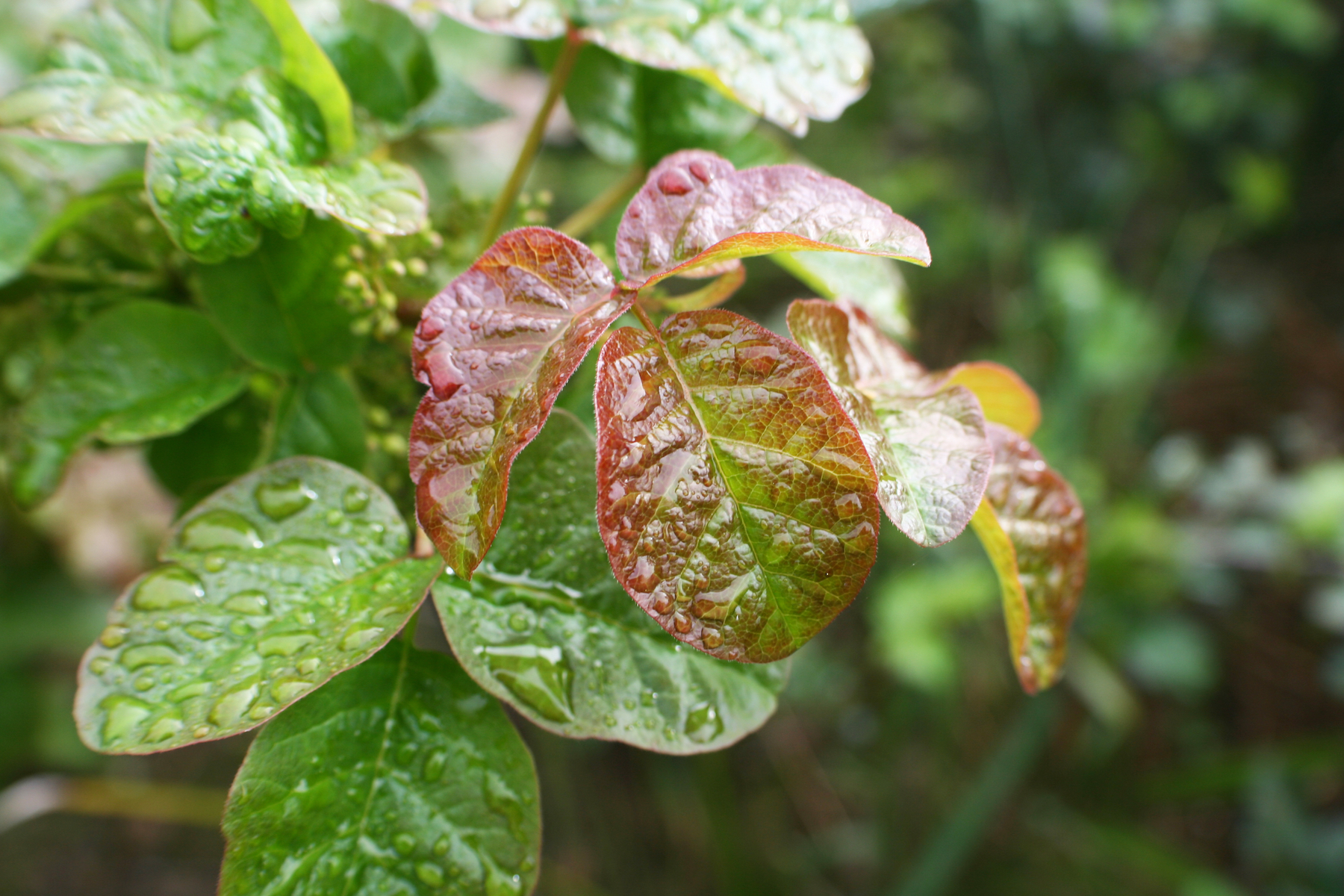Health
Top Poisonous Plants to Look Out for in the Wild

The wilderness can be an exciting place, but also a very dangerous place considering there are poisonous plants all around us.
Let’s dive into some of those poisons so you can stay safe while camping, hunting our enjoying the outdoors with your family.
The number one mistake people make, and the most common cause of people being poisoned by plants is by eating plants they think are safe for consumption.
Plants generally poison by:
- Ingestion
- Contact
- Absorption or inhalation
- Plant poisoning can range from minor irritation to death.
- Some wild plants require contact with a large amount before noticing any adverse reaction, while others may cause death with only a small amount of contact.
Every person has a different level of resistance to toxic substances. While some people can have an immediate reaction, some people may take longer to see the dangerous effects that a plant or poison had on them.
Beware of the Top Poisons
Before we get started, try compiling a list of camping hacks to make your next stay in the wilderness most comfortable. Once you’re packed and ready, study the following plants you must avoid:
The Water Hemlock
This innocent looking, but very dangerous poisonous plant, scientifically known as the Cicuta, is a poisonous plant from Apiaceae family. Cicuta is one of the most poisonous plants on the continent as it contains cicutoxin, a toxic component that causes stimulatory effects to the central nervous system leading to seizure when ingested.
The poisoning caused by the water hemlock can be treated medically through the administration of activated charcoal that reduces the absorption of the toxic component.
The Daphne
These plants are famous for their poisonous berries and scented flowers. Many species are cultivated as gardens for their ornamental use. Their berries, bark, and sap contain toxins that cause skin irritation.
The Poison Oak
This common poison is a woody shrub mostly found in western North America. The twigs and leaves of this plant have oil on their surface that causes allergic reactions. Contact with the leaves or twigs causes itching that evolves to dermatitis. This leads to inflammation and the formation of blisters. A lot of people find this in the wilderness and think it may be great for starting fires, but when burned, poison oak also emits poisonous smoke.
The American Pokeweed
This Pokeweed is an herbaceous plant that grows to about 2 m in height. It is native to the United States and Canada in Ontario and Quebec. It’s very important to realize that all parts of the American Pokeweed are poisonous and can cause vomiting, seizures, and convulsions.
As the Pokeweed plant matures, the toxic level also increases and should be avoided during pregnancy. Children can be severely harmed if they consume even one berry. For sensitive people, the plant can cause dermatitis. Animals and birds are immune to the poison of this plant. In case it is taken accidentally, one should seek treatment or call a poison hotline.
Unfortunately poisons in the wilderness don’t stop there, but this provides a foundation that may be the difference between a safe wilderness adventure and a trip to the hospital from a severe reaction.
If you plan on cooking your favorite camping recipes and they call for some kind of berries, make sure you bring your own if you are not completely sure of the difference between safe and poisonous wild berries.
Have you encountered some poisons in the wilderness that we didn’t mention today? Let us know in your comments below so we can help keep each other safe.
-

 Do It Yourself7 months ago
Do It Yourself7 months agoParacord Projects | 36 Cool Paracord Ideas For Your Paracord Survival Projects
-

 Do It Yourself9 months ago
Do It Yourself9 months agoHow To Make Paracord Survival Bracelets | DIY Survival Prepping
-

 Do It Yourself9 months ago
Do It Yourself9 months ago21 Home Remedies For Toothache Pain Relief
-

 Do It Yourself10 months ago
Do It Yourself10 months agoSurvival DIY: How To Melt Aluminum Cans For Casting
-

 Exports8 months ago
Exports8 months agoAre Switchblades Legal? Knife Laws By State

